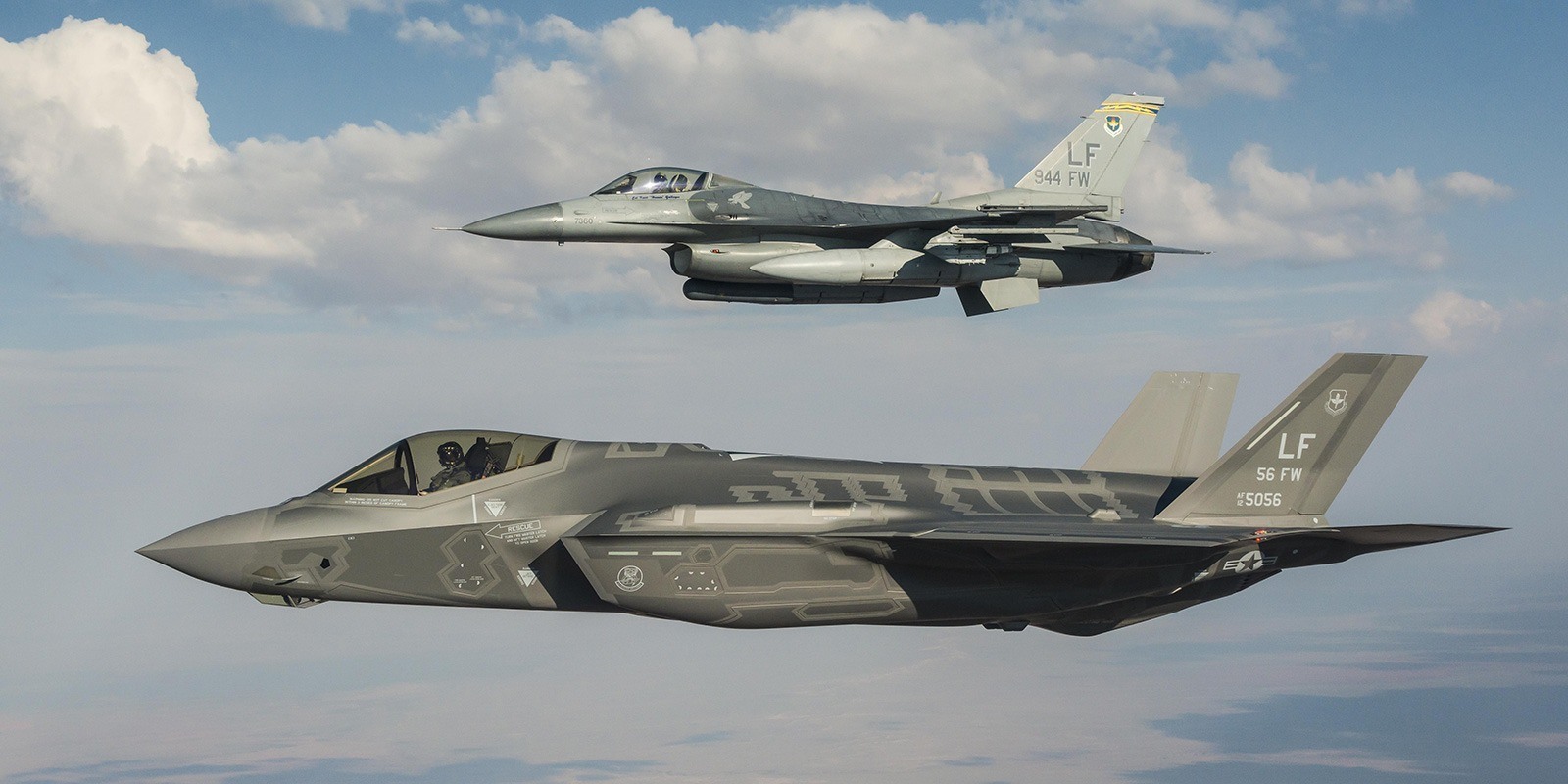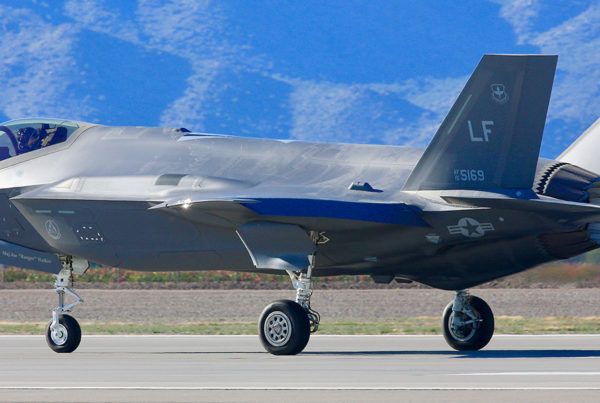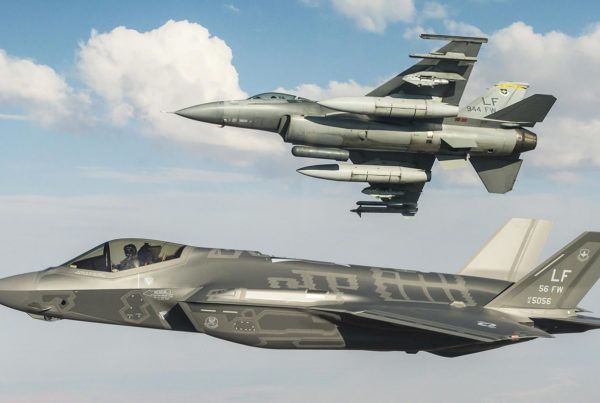U.S. Secretary of Defense Robert Gates’ cost-cutting plan announced Thursday was not expected to affect the F-35 Joint Strike Fighter from possibly coming to Luke Air Force Base.
The Air Force in July picked Luke as its preferred site to train pilots on the next generation of war jets.
Under Gate’s Efficiencies Initiative that includes eliminating excess or troubled programs, the Air Force is expected to cut $34 billion in spending over five years.
“We have not heard from our sources back in D.C. where (the Air Force’s F-35 program) is in jeopardy of being eliminated or is delayed at this point,” said Steven Methvin, Glendale’s point person for Luke issues.
He said the Air Force continues to perform an environmental impact analysis on what placing the F-35 at Luke would mean for the region.
The Pentagon’s cost-cutting could impact the Marine’s variant of the F-35 and its delivery date, according to Charley Freericks, board chairman of Fighter Country Partnership, a support group for the base.
The Marine Corps’ short take-off and vertical landing F-35 has been placed on the equivalent of two-year probation because of significant testing problems. That aircraft will be moved to the back of the F-35-production sequence.
The F-35 Lightning II plane is designed to be used in modified forms by all branches of the military, eventually replacing various fighter jets now in use.
“Right now, we’re on track,” Freericks said. “Later this month, early next month we expect the draft (environmental study) to get published and issued.”
The study is looking at factors including noise, land use and safety at Luke and at least two other Air Force bases.
A final decision on where to place the F-35 training facility is expected by next summer.
If Luke wins the F-35, it would replace its aging fleet of F-16s.
Supporters want the F-35 to come to Arizona to ensure the Glendale base stays open. The installation is an economic engine for Arizona, pumping $2 billion a year into the economy.
A statement released by Air Force Secretary Michael Donley and Air Force Chief of Staff Gen. Norton Schwartz bodes well for the Air Force F-35 program.
They said the savings realized by reducing overhead and support functions will be shifted to other programs, including buying more F-35 training simulators. Those simulator purchases show the continued Air Force commitment to the critical F-35 program, the statement said.
by Cecilia Chan and David Madrid – Jan. 7, 2011 from The Arizona Republic








